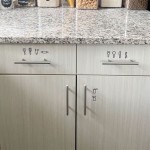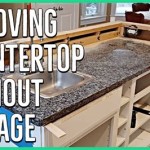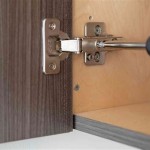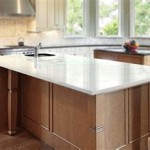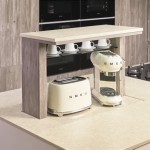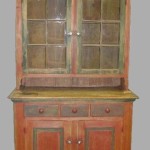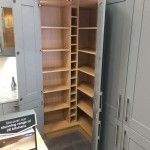Sliding Doors for Kitchen Units: A Practical and Stylish Solution
In the realm of kitchen design, functionality and aesthetics go hand in hand. Kitchen units play a pivotal role in organizing and storing kitchen essentials, while also contributing to the overall visual appeal of the space. Sliding doors, with their space-saving and stylish attributes, have emerged as a popular choice for kitchen units, offering a seamless blend of practicality and design.
Space Optimization and Accessibility
One of the primary advantages of sliding doors for kitchen units is their ability to optimize space. Unlike conventional hinged doors, sliding doors do not require any swing radius, making them an ideal solution for smaller kitchens or areas where space is limited. This feature allows for maximum utilization of the available floor space, enhancing the overall flow and functionality of the kitchen. Furthermore, sliding doors provide easy access to the contents of the unit, eliminating the need to clear a path for hinged doors to open.
Aesthetic Appeal and Customization
Aesthetically, sliding doors offer a plethora of design possibilities, allowing for seamless integration with any kitchen style. They can be made from various materials, including wood, glass, metal, and even a combination of these, making them adaptable to different preferences and budgets. Sliding doors can be customized with various finishes, colors, and hardware to create a unique and visually appealing look. Their sleek and minimalist design can enhance the overall elegance and sophistication of the kitchen while complementing existing cabinetry and appliances.
Functionality and Durability
Sliding doors are not only aesthetically pleasing but also highly functional. They are typically equipped with smooth-gliding tracks that ensure effortless operation, preventing any jarring movements or noise. Additionally, the use of high-quality materials and construction techniques ensures durability and longevity. Sliding doors are resistant to wear and tear, making them a long-lasting solution for kitchen units. They can be easily cleaned and maintained, preserving their aesthetics and functionality over time.
Types of Sliding Doors for Kitchen Units
There are several types of sliding doors available for kitchen units, each with its own unique features and advantages:
Bypass Sliding Doors
Bypass sliding doors consist of two or more panels that move horizontally along a track. They slide past each other, providing access to the entire unit. This type is commonly used for large cabinet units, such as pantries or linen closets.
Pocket Sliding Doors
Pocket sliding doors slide into a concealed pocket within the wall when opened, disappearing completely from view. This solution is particularly suitable for smaller spaces where every inch counts. It creates a clean and uncluttered appearance when the door is open.
Barn Door Sliding Doors
Barn door sliding doors are a popular choice for a rustic or farmhouse-style kitchen. These doors are mounted on a track that runs along the ceiling or wall, allowing them to slide open and closed. They often feature a distinctive hardware aesthetic, adding a touch of character to the kitchen.
Considerations for Choosing Sliding Doors
When choosing sliding doors for kitchen units, several factors should be considered:
Space Requirements
Assess the available space for the sliding doors and ensure that the chosen type will function smoothly. Consider the width of the opening and the depth of the unit. Also factor in the clearance needed for the doors to slide freely.
Style and Aesthetics
Consider the overall style of your kitchen and choose sliding doors that complement the existing cabinetry and appliances. The material, finish, and hardware of the doors should align with the desired aesthetic.
Budget
The cost of sliding doors can vary depending on the material, size, and complexity of the design. Determine a budget for the project and choose doors that fit within your financial constraints.
Functionality
Consider your storage needs and choose sliding doors that provide easy access to the contents of the unit. The type of doors chosen should suit the layout and functionality of the kitchen.
Sliding doors offer a practical and aesthetically pleasing solution for kitchen units. Their space-saving capabilities, customizable design options, and durability make them a worthwhile investment for homeowners looking to enhance the functionality and style of their kitchens. By carefully considering the different types of sliding doors and the factors mentioned above, you can select the perfect option to meet your specific needs and preferences.

Sliding Door Cabinets Masterclass Kitchens

Sliding Door Cabinets Masterclass Kitchens

Wood Hoods And Specialty S Sliding Door Island Cabinet

Sliding Door Gear Folding Doors Häfele

Regency 96 Stainless Steel Wall Cabinet With Sliding Doors

Sliding Cabinet Doors With Inset Track And Glides Sawdust Girl Kitchen Cabinets Diy

Folding And Sliding Doors Hettich

Bottom Running Sliding Door Systems Hettich

14 Coolest Ideas Of Sliding Kitchen Cabinet Door To Save More Space La Urbana

Sliding Glass Kitchen Cabinets Design Ideas
Related Posts

